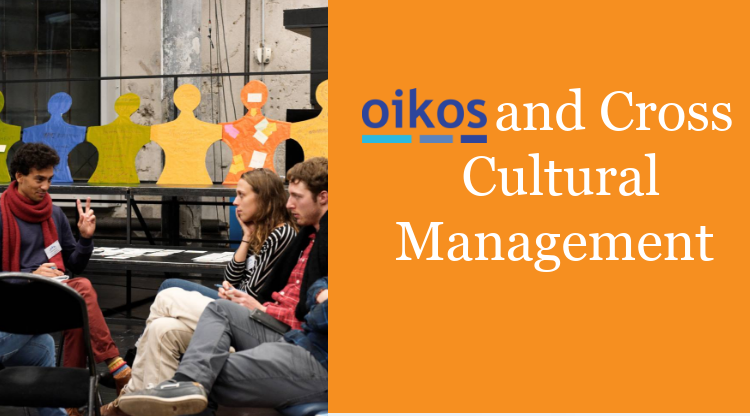On August 13, 2018 at 7 pm CEST, we will host a LEAP Informational Call for all oikos members and alumni, who are eager to join a new LEAP Advanced...
On July 18, at oikos Witten/Herdecke, Prof. Dr. Till van Treek (University Duisburg-Essen) will give a talk titled “It’s the Inequality, Stupid!” about the socio-economic effects of inequality on...
On July 12, oikos Witten/Herdecke will host a Sustainability Day. They offer various workshops to teach you how to bake your own bread from scratch, how to do urban gardening and...
On July 5, at oikos Witten/Herdecke, Dr. Fred Luks (University of Economics, Vienna) will give a talk about his new book “Emergency state”, which deals with the dichotomy between...
Welcome to our newsletter! We hope for many of you the university exam fever is over and you are ready to leave offices for a well-deserved vacation. Meanwhile, let...
The world has shrunk immensely over the last few decades. As the access to mobility grows and connecting becomes easier, our offices are being filled with lively conversations held...
oikos LEAP Meeting 2018 will take place in Leysin, Switzerland from 19th to 25th October. The meeting is a gathering point for oikos LEAP President and Advanced Track Participants,...


